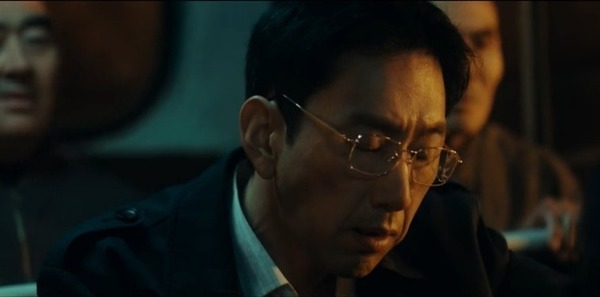Call If You Need Me《读书笔记》
- 书评
- 2023-03-26 09:14:08
- 69
也是在雷蒙德·卡佛身后出版的一本杂集,是在原先一本《No Heroics,Please》基础上的扩充,多了其妻 Tess Gallapher在他的书桌抽屉发现的五个短篇。书中收入的另有早期短篇,未完成长篇的片断、随笔,书评等。出这种书,往往被人讥讽发死人财,但是对于喜欢卡佛的读者来说,能读到这些杂锦式的文字则是种福分。我较喜欢的是随笔以及卡佛对自己作品写下的文字等。对于了解卡佛的写作(观)、家庭、朋友、成长等很有帮助。卡佛的小说语言冷峭,但又多少有点寡淡(也有可能是编辑的作用,近期这个问题议论得较多),他的随笔则丰满得多,读来亲切。本书已经引进版权,估计明年初能出中文版。
摘录:
Would I choose saying I had to choose a life of poverty and ill health if that was the only way I could keep the friends I have? No. Would I give up my place on the lifeboat that is to say die for any one of my friends? I hesitate but again the answer is an unheroic no. They wouldn't any of them for the either and I wouldn't have it any other way. We understand each other perfectly in this and in most other ways as well. Partly we're friends because we do understand that. We love each other but we love ourselves a little more.
P211
Stories like houses – or cars for that matter – should be built to last.
P217
One of the things I feel strongly about is that while short stories often tell us things we don't know anything about – and this is good of course – they should also and maybe more importantly tell us what everybody knows but what nobody is talking about. At least not publicly. Except for the short story writers.
P257
Lionel Trilling has said this and pondered its meaning. Somewhere in my twenties I read this and pondered its meaning. What exactly was the man saying? It sounded wise learned insightful and I wanted to be those things. When I finished reading Handcastle this remarkably generous but unsparing novel I was reminded of Trilling's words and I thought So this is what he was talking about. Yes how true. This is what he means yes.
卡佛写了一篇关于舍伍德·安德森的文章(安德森对卡佛的影响不言而喻),提到一些轶事,可当八卦读之:
P271 He once threw a novel out of a car window in the Ozarks and another another out a hotel room window in Chicago because the work wasn't “clear straightforward storytelling.” He distrusted “technique” and what he called “cleverness” in writers. The truth is he seemed to be a little put out with most of them with the exception of Thomas Wolfe. In September 1937 he wrote to Wolfe. “I love your guts Tom. You are one who is OK.” But Joyce a “gloomy Irishman…makes my bones ache. He's up the wrong tree or I'm an egg.” Ezra Pound struck Anderson as “an empty man without fire.” He thought it was “very depressing” that Sinclair Lewis received the Nobel Prize. And after the publication of Hemingway's Green Hills of Africa he wrote to his friend the actor-director Jasper Deeter that he though Hemingway had “got into a kind of romanticizing of the so-called real…a king of ecstasy over elephant dung killing death etc. etc. And then he talks about writing the perfect sentence – something of that sort. Isn't that rot?”
…
But he (Anderson) knew firsthand the underbelly of small town life in mid-America; and he wrote about it better and with more fidelity and sympathy than any American writer before him – and most of them since his time.
本文由作者笔名:小小评论家 于 2023-03-26 09:14:08发表在本站,文章来源于网络,内容仅供娱乐参考,不能盲信。
本文链接: http://www.w2mh.com/show/30836.html
 小小评论家
小小评论家






















